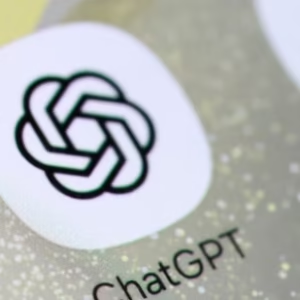A new privacy concern is emerging as shared ChatGPT conversations are now appearing in Google search results. Many users are surprised and worried after discovering that their AI chats, some of which contain sensitive or personal topics, are publicly accessible through search engines.

How Did This Happen?
When users share a ChatGPT conversation using the “Share” feature, it creates a public link. These links are not private, and search engines like Google are now indexing them. This means anyone can find them by searching specific keywords or using tools like site:chat.openai.com/share.
Most users assumed that these shared chats were private or semi-private. The reality, however, is that once a link is public, it can be found and viewed by anyone — including marketers, researchers, or even strangers browsing the web.
Some of the indexed conversations include deeply personal content, such as mental health struggles, relationship issues, or private life decisions. Even though names are not shown, the context can still reveal a lot about a person.
Why People Are Concerned
This has sparked a wide range of privacy concerns. Users who felt safe discussing sensitive topics with ChatGPT now feel exposed. The fear isn’t just about embarrassment — it’s about trust. AI tools like ChatGPT are increasingly used for emotional support, advice, and personal reflection. Having those chats appear in public search results was never the intention.
People are also worried about how others might use this data. Some are already using search tricks to explore ChatGPT responses on topics like finance, emotions, politics, and more. This feels invasive to those who never meant to make their thoughts public.
What You Can Do to Stay Safe
Here are a few simple steps to protect your chats:
- Avoid using the “Share” feature unless you’re sure the content is okay to be public.
- Don’t share personal or sensitive information in any chat that may be linked or published online.
- Delete previously shared links if possible or reach out to support for removal.
For now, being cautious is the best solution. It’s also likely that OpenAI and similar companies will update their sharing settings to include more user-friendly privacy controls in the near future.
Looking Ahead
This event has sparked conversations around data privacy in AI. It’s a reminder that digital tools are powerful but come with risks. Transparency, better default settings, and user education are essential going forward.
As AI tools grow more popular, maintaining user trust will depend heavily on how well platforms like ChatGPT handle privacy and user control.
Reference Links:
- OpenAI Privacy Policy
- Google Search Indexing Guidelines
- BBC News on AI Privacy









